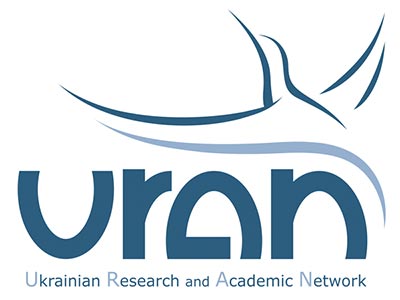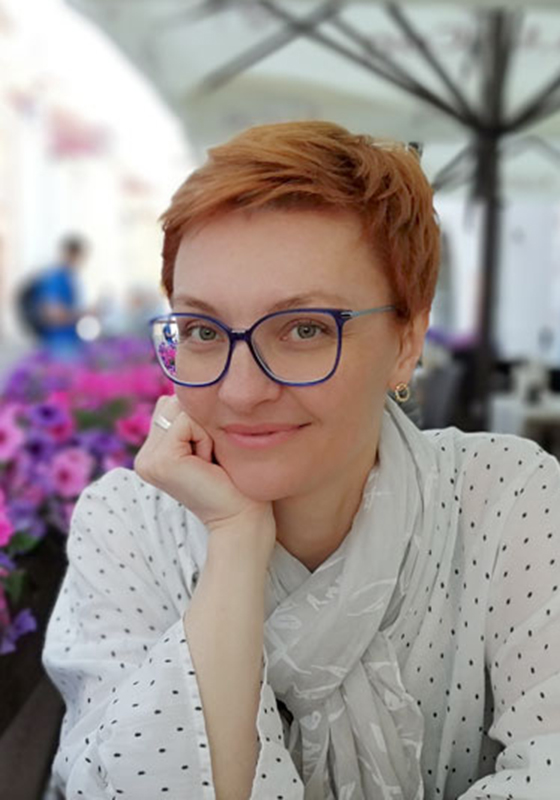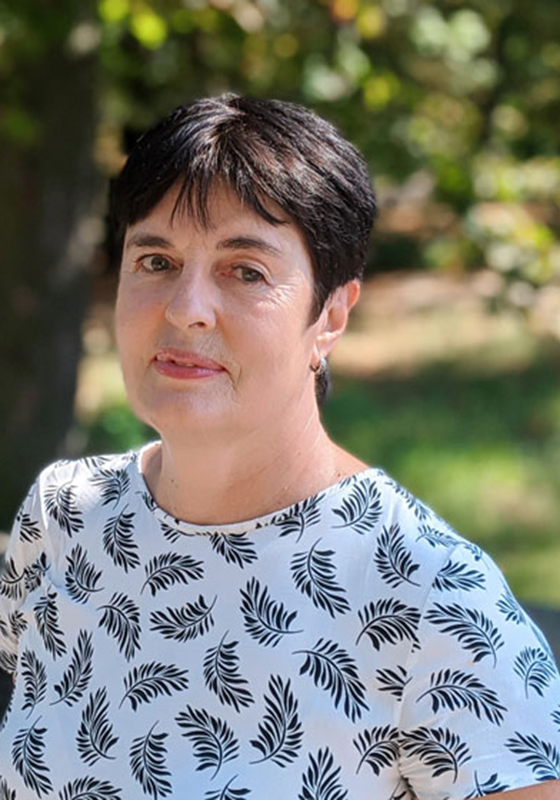Is it possible to make research and data more accessible? The Open Science movement is devoted to this and is becoming increasingly widespread. In Europe, this dissemination is supported by the OpenAIRE project. The project and what opportunities it offers for scientists from Eastern Partnership countries were topics explored in a workshop organised by the EaPConnect project.
On 4-5 June 2019, 13 representatives of the scientific community from Eastern Partnership (EaP) and European Union countries gathered in Kyiv, Ukraine. Among the participants were ecologists and librarians, employees of digital publishing and the Institute for Informatics, marketing specialists and managers – from Armenia, Belarus, Cyprus, Georgia, Germany, Moldova, and Ukraine. They were hosted by the Ukrainian national research and education network, URAN Association.
Active development
It is difficult and not always possible to store huge arrays of scientific data in one place. On the other hand, it is difficult but quite possible to organise open access to such data spread all over the world – with the help of digital technologies and special interaction tools. OpenAIRE offers a wide range of such tools. The workshop participants were introduced to them by Iryna Kuchma, Regional OpenAIRE Coordinator for the Eastern Region.
The EaP countries are actively developing open science, so the possibilities of OpenAIRE caused great interest. The OpenAIRE portal has a place for individual scientists and scientific communities, for scientific journals and repositories, for managers and funders. For each category, this offers its own infrastructure, its own ‘country’. Here you can find answers to questions, publish papers, manage data, win a reputation, anonymise your research contents, collaborate with colleagues, get statistical data and analyse them. Also, you can learn: OpenAIRE conducts many workshops and webinars. The Kyiv workshop participants ‘stepped into’ this portal via the OpenAIRE website and ‘traveled’ to different destinations. They also paid a lot of attention to the platforms with which the project cooperates: for example, Zenodo, Amnezia, Scholix.
Copyright and questions
Is open access good or bad? Does it threaten copyright? At the end of the workshop, there was a lively discussion. No, all the participants agreed, on the contrary, open access defends copyright. This is especially true for primary scientific data. After all, Internet publications always leave a trace – and thus prove exactly who published the data first.
Participants also discussed the prospect of open science and OpenAIRE in EaP countries. How to implement and develop? What is the most interesting and useful? How to collaborate with each other?
Stages of progress
Armenia and Georgia are only at the beginning of their open science’ implementation and the organisation of national repositories. Other EaP countries already have this experience. In Moldova, for example, seven library repositories of various universities have been created. However, they all work separately. In autumn 2019 the new OpenAIRE project will start, with the Moldovan NREN RENAM taking part, and this will give a real opportunity to work at the national level. Belarus made a proposal to conduct a workshop on OpenAIRE in Minsk, to practice the services in Kyiv and to attract students to such training so they can become active users in the future.
Open Access in Ukraine is very well developed, better than in other EaP countries, and even better than in some countries of the European Union. Denis Solovianenko, Director of the URAN Publishing Service, said that Ukrainian scientists have the opportunity to share their research all over the world, and also have access to their colleagues’ publications. In Ukraine, there are practically no universities without their own library repository. Moreover, the number of digitised publications is steadily growing, and foreign colleagues are also turning to URAN Publishing Service for help and advice. “We are ready to help you introduce Open Access in your countries,” Denis Solovianenko assured the participants. “Our country publishes three thousand scientific journals, and technological solutions that work on such a scale, that has been tested by a large number of publishers, would be useful for many countries.”
Further information
After fruitful work, the participants went on a tour of ancient Kyiv. Even a strong summer rain did not prevent them from admiring the beautiful Ukrainian capital and exchanging impressions of the training, as it is so convenient to do when colleagues share one umbrella!




